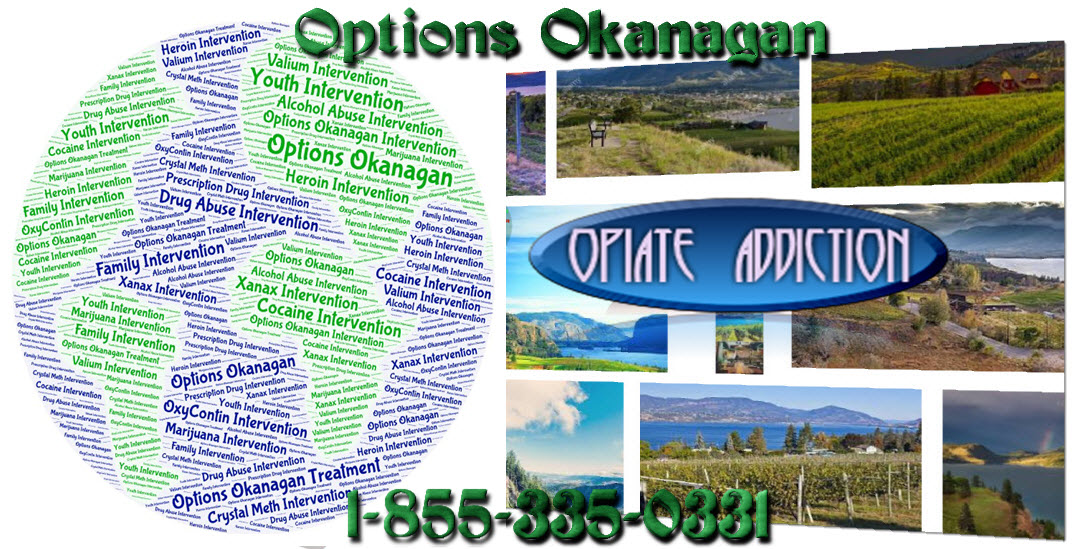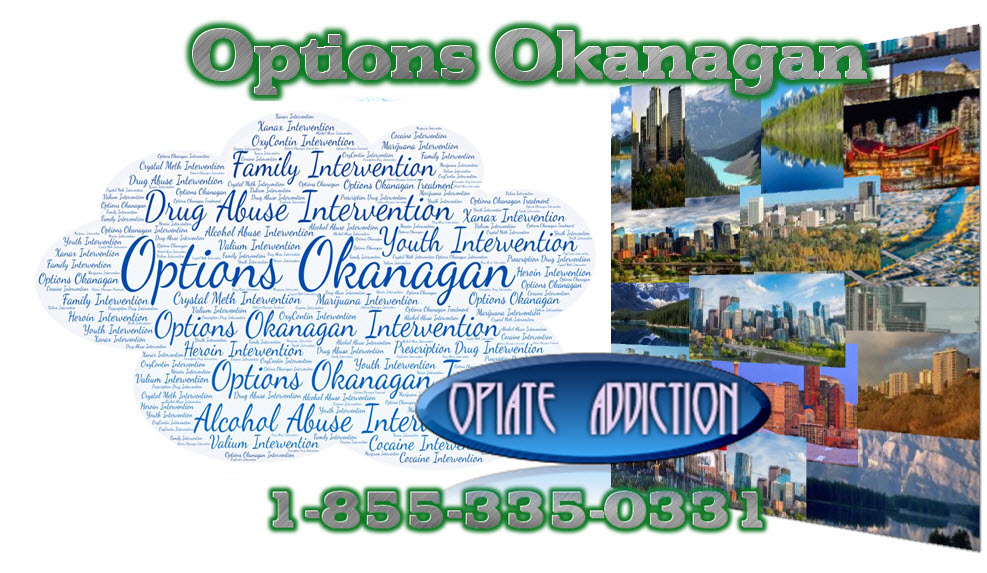Holding a drug opiate and alcohol intervention and a intervention rehearsal in British Columbia and Alberta – Options Okanagan Treatment Centers in Kelowna, British Columbia treating drug, opiate, fentanyl, heroin and alcohol addiction and recovery.
Drug Interventions In Alberta And BC
In many cases, intervention consists of family members reading a series of letters out loud. The letters tend to have a recognizable format. This includes family members telling the addict what they love about them, what the addiction is doing to their relationship and how family members are feeling due to those changes. They also tell the addict why rehab is important and what will happen if the addict doesn’t seek treatment.
These letters are written and read aloud in rehearsals. The interventionist does step in if things start to become heated or spiteful, and they may ask for modifications. A study has suggested that addicts only find confrontations helpful if they genuinely believes that the speaker is being honest and if the relationship between the two are strong enough, otherwise the addict might not want the speaker to speak in such a way.
If an addict’s spouse tells them that drug use is making it hard to buy food for their kids, then the message might be well-received. The key is to be reasonable. Being loving and logical are other keys to a successful intervention.
During rehearsals, family may choose what kind of treatment the addict should receive. For example, members of the family may suggest going away to an inpatient program or one that is nearby that offers outpatient services. Such programs should be told about the time and date of the intervention.
Family should be financially capable of taking care of rehab costs. Intervention may very well lead the addict to seek treatment. Even when the intervention has concluded, the addict can take a few minutes to think and then they can enroll into rehab.
Holding The Drug Opiate Or Alcohol Intervention
An addict usually has a person in their life who has a calming effect over them. This person has a crucial role in the intervention. During a session, an addict can become confused, angry, sad and upset. They may need to take a step back so they can regroup themselves.
The person who has a calming effect over them should be at the intervention. That way if the addict steps away, the person can step in. They may be able to talk the addict to go back to rejoin the intervention.
One of the best things about an intervention is it can be held at an office, the addict’s home, at a church or anywhere else for that matter, but it should be held at a private location. This will keep the addict’s dignity intact, and on that note it’s a good idea to keep the intervention’s location secret. When the day arrives, the calming person can bring the person they are trying to help to the location. Once everyone has taken their seat, the letters are then read out.
If the addict wants to receive treatment, then the intervention can end. In some cases, the letters won’t even get read or only a few of them will be read. The most important thing to keep in mind is that the intervention is designed to encourage the addict to get help. This is the most important thing of all.
The addict may end up leaving the room. If they do this and they don’t return, then the intervention is finished. However, don’t look at this as the intervention failing because the addict might be impacted by the experience.
Many families want immediate results and they want proof of interventions’ effectiveness before they participate in one, but statistics regarding this are difficult to find. There is one reassuring study, but there is also a study that shows that confrontations worked very well when the addict was a habitual and strong drug user. Even in cases that are thought of as being tough to treat, interventions helped, so there may be enough proof that they can impact an addict’s life.
Do you know an addict who needs an intervention? If so, then get them the help they need because the sooner you get them help, the better. Contact Options Okanagan today. They can answer any questions you have about their services.
Options Okanagan Opiate and Alcohol Treatment Centers in Kelowna, Salmon Arm and Vancouver, British Columbia – Men and Women are recovering and healing from Alcohol and Drug Abuse at our treatment center here in the Okanagan right now.
Our unique and distinctive Opiate Drug and Alcohol treatment program allows men and women to come in from Calgary as well as Edmonton as we offer airport pickup.
Numerous clients come to us from Vancouver, Calgary and Edmonton and other locations in Alberta and even other provinces for Opiate addiction treatment, heroin drug treatment, many other drug and alcohol addictions for rehabilitation because of the uniqueness of our treatment center.
Our Treatment Location:
Options Okanagan Drug and Opiate Treatment Center
551 Sherrydale Crescent, Kelowna, British Columbia, V1V 2E6
Toll Free Phone Number : 1-855-335-0331



